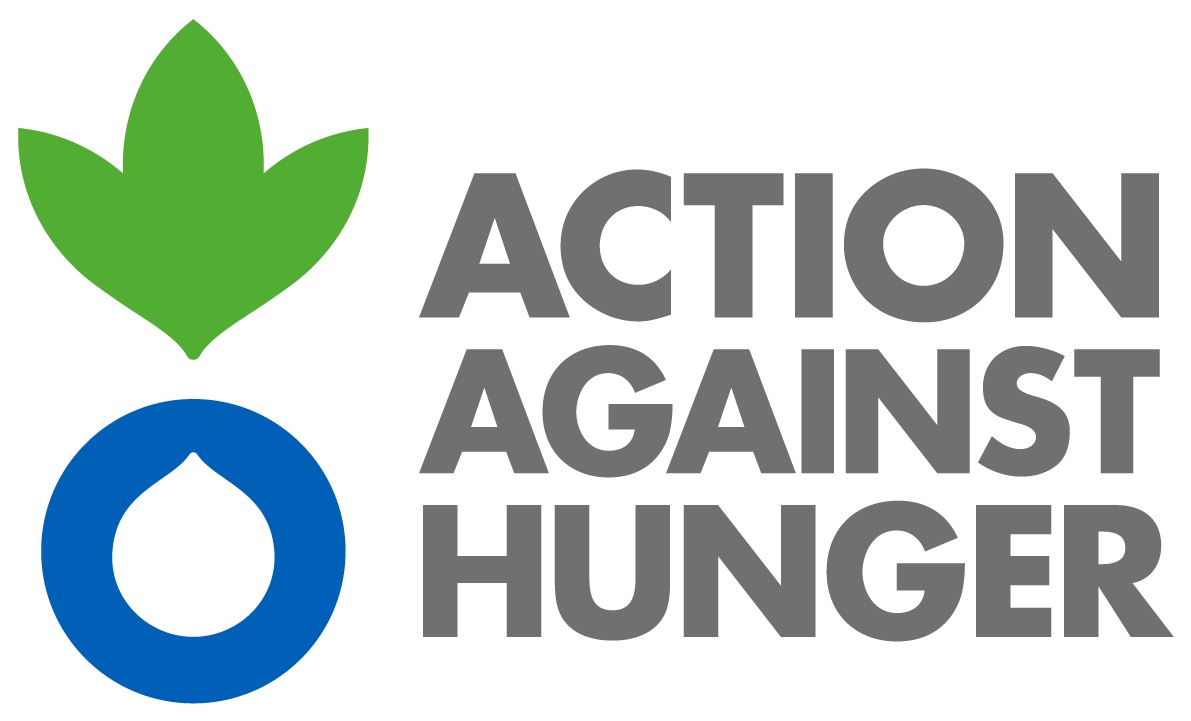Haiti: More Than Half of the Population Facing Alarming Levels of Food Insecurity
Published by Action Against Hunger.
NEW YORK, April 29, 2025 /3BL/ - More than half of Haiti’s population—approximately 5.7 million people—are facing high levels of acute food insecurity according to the latest Integrated Food Security Phase Classification (IPC) analysis. The deterioration of the situation over the last months is driven by relentless gang violence and ongoing economic collapse. For Action Against Hunger, humanitarian assistance remains essential, and recovery efforts are urgently needed to stem the decline in food and nutritional security in the country.
Out of the 5.7 million people facing high levels of acute food insecurity—the highest number in recent years—over 8,400 people living in displacement camps are experiencing catastrophic hunger in IPC Phase 5 (Catastrophe). An additional 2.1 million people, representing 19 percent of the analyzed population, are in IPC Phase 4 (Emergency), facing critical food insecurity, while 3.6 million people (32 percent) are classified in IPC Phase 3 (Crisis).
“An upsurge in violence in the metropolitan area, the West, and the department of Artibonite continues to intensify population displacement and vulnerability, particularly in the Port-au-Prince metropolitan area” explains Martine Villeneuve. According to figures from the International Organization for Migration (IOM), around 1.04 million people were internally displaced in December 2024—an increase of 48 percent compared to June 2024.
In addition to forcing households into mass displacement, the violence continues to cause the loss of income opportunities in both informal and formal sectors, while also disrupting supply chains. Households’ access to food has been further constrained by rising commodity prices and an inflation rate of 30 percent in February 2025.
Moreover, a large number of emergency food aid and population support projects were suspended in the first quarter of 2025 due to a lack of funding. Between August 2024 and February 2025, nearly 977,000 Haitians received humanitarian food assistance on a monthly basis. “Despite the challenges of safety and access issues, humanitarian assistance has been crucial in preventing further deterioration of the situation. This is particularly the case among urban and displaced populations with no access to livelihood opportunities due to insecurity,” says Martine Villeneuve. “However, since March 2025, funding has no longer been guaranteed at a time when half of the population is suffering from hunger.”
Haiti’s economy is characterized by extreme poverty, high levels of informal employment, and vulnerability to natural disasters. Political instability and violence further hamper development. A significant portion of the population lives below the poverty line and relies on subsistence farming.
In 2024, Action Against Hunger delivered multi-sectoral programming in the North-West, North-East, South, and Artibonite departments that reached over 170,000 individuals. Action Against Hunger is focusing its 2025 interventions on Internally Displaced Persons sites and violence-affected areas in Port-au-Prince and northern Artibonite especially with integrated health and nutrition services, including mobile clinics that treat acute malnutrition where nutrition services are scarce. Action Against Hunger requests all parties to preserve humanitarian space and ensure access in Haiti in accordance with international humanitarian law for life savings activities to be carried out.
***
Action Against Hunger leads the global movement to end hunger. We innovate solutions, advocate for change, and reach 21 million people every year with proven hunger prevention and treatment programs. As a nonprofit that works across over 55 countries, our 8,900 dedicated staff members partner with communities to address the root causes of hunger, including climate change, conflict, inequity, and emergencies. We strive to create a world free from hunger, for everyone, for good.

